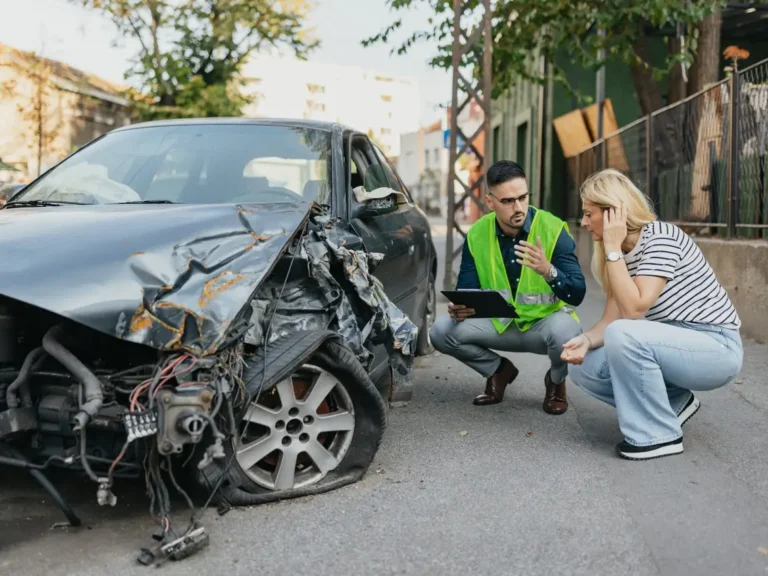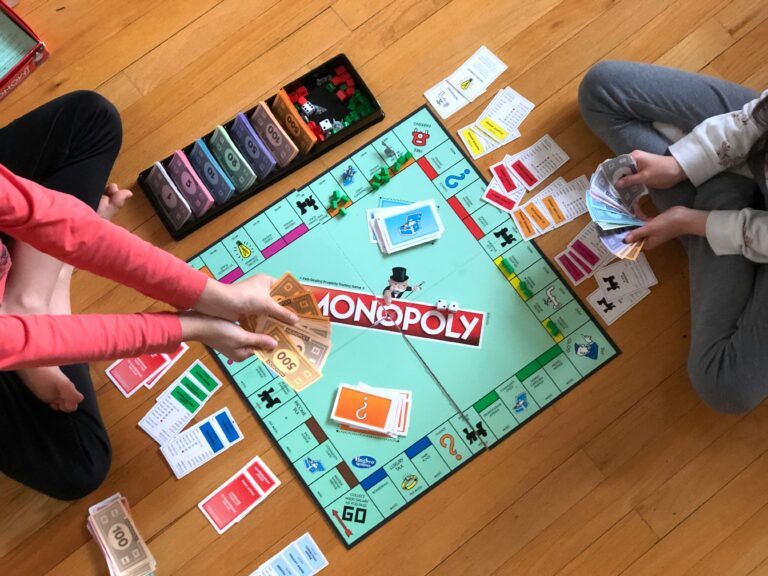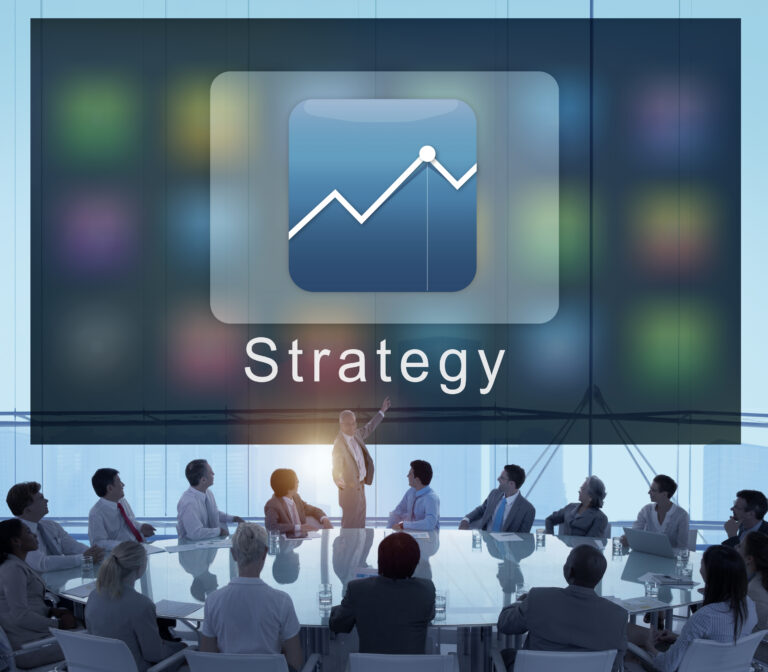Power of Knowledge: Unlocking Potential Through Knowledge in 2024

In a rapidly changing world, the importance of education and knowledge cannot be overstated. As the cornerstone of personal and societal development, education equips individuals with the knowledge and skills necessary to navigate life’s challenges and opportunities. This article delves into the transformative power of education, exploring its various dimensions and its pivotal role in shaping the future.
The Role of Education in Personal Development
Education is a critical factor in personal growth and development. It is through education that individuals acquire the skills, knowledge, and values necessary to become productive members of society. From early childhood through adulthood, education shapes our understanding of the world and ourselves.
Building a Strong Foundation: Early Childhood Education
Early childhood education is the first step in a lifelong journey of learning. During these formative years, children develop cognitive, emotional, and social skills that lay the groundwork for future learning and success. High-quality early childhood education programs focus on holistic development, ensuring that children are prepared to succeed in primary and secondary education.
Primary and Secondary Education: Shaping Future Leaders
Primary and secondary education serves as the foundation for lifelong learning and personal growth. At this stage, students are exposed to a broad curriculum that includes literacy, numeracy, science, social studies, and the arts. This comprehensive education enables students to develop critical thinking, problem-solving, and communication skills—essential tools for success in both higher education and the workforce.
Higher Education: Expanding Horizons
Higher education plays a crucial role in the development of specialized knowledge and skills. Universities and colleges offer a wide range of programs that allow students to pursue their interests and prepare for careers in various fields. Higher education is not only about acquiring technical knowledge but also about developing the ability to think critically, engage in lifelong learning, and contribute to society.
Education as a Catalyst for Social Change
Education is not only a personal asset but also a powerful tool for social change. It has the potential to break the cycle of poverty, promote equality, and foster a more inclusive society. By providing individuals with the knowledge and skills needed to succeed, education can help reduce social inequalities and create opportunities for all.
Reducing Poverty through Education
One of the most significant impacts of education is its ability to reduce poverty. Education provides individuals with the skills and knowledge necessary to secure better-paying jobs, thereby improving their economic situation. Furthermore, educated individuals are more likely to invest in the education of their children, creating a positive cycle that can lift entire communities out of poverty.
Promoting Gender Equality
Education is a powerful tool in the fight for gender equality. By providing equal access to education for both boys and girls, societies can break down the barriers that prevent women from participating fully in the workforce and public life. Educated women are more likely to have healthier families, contribute to the economy, and participate in decision-making processes.
Fostering Global Citizenship
In an increasingly interconnected world, education plays a crucial role in fostering global citizenship. By teaching students about different cultures, languages, and global issues, education promotes understanding and cooperation among people from diverse backgrounds. Global citizenship education encourages individuals to think beyond their local context and consider the broader implications of their actions.
The Future of Education: Adapting to a Changing World
As the world continues to evolve, so too must our approach to education. The rise of technology, changing job markets, and global challenges such as climate change require a new approach to education that is flexible, inclusive, and forward-thinking.
Embracing Technology in Education
The integration of technology into education has the potential to transform the way we learn. From online courses and virtual classrooms to interactive learning tools and artificial intelligence, technology can make education more accessible, personalized, and effective. However, it is essential to ensure that technological advancements are used to enhance education rather than replace the human element that is so vital to the learning process.
Lifelong Learning: The Key to Adaptation
In a world where the only constant is change, lifelong learning is more important than ever. Education should not end with a diploma or degree; instead, individuals must be encouraged to continue learning throughout their lives. This can take many forms, from formal education and professional development to self-directed learning and informal education.
Sustainable Education for a Sustainable Future
As we face global challenges such as climate change, education must evolve to address these issues. Sustainable education focuses on equipping students with the knowledge and skills needed to create a more sustainable world. This includes teaching about environmental stewardship, social responsibility, and the importance of making decisions that benefit both current and future generations.When your dryer stops working or isn’t performing as it should, it can disrupt your daily routine. However, not every malfunction requires a call to a professional. Many dryer issues can be diagnosed and repaired with a bit of knowledge and the right tools. Here’s a guide to help you troubleshoot and repair common dryer problems.
Conclusion
Education is the key to unlocking human potential and creating a better future for all. Whether through personal development, social change, or adaptation to new challenges, education plays a crucial role in shaping individuals and societies. As we look to the future, it is essential that we continue to invest in education, ensuring that it remains a powerful force for good in an ever-changing world.






